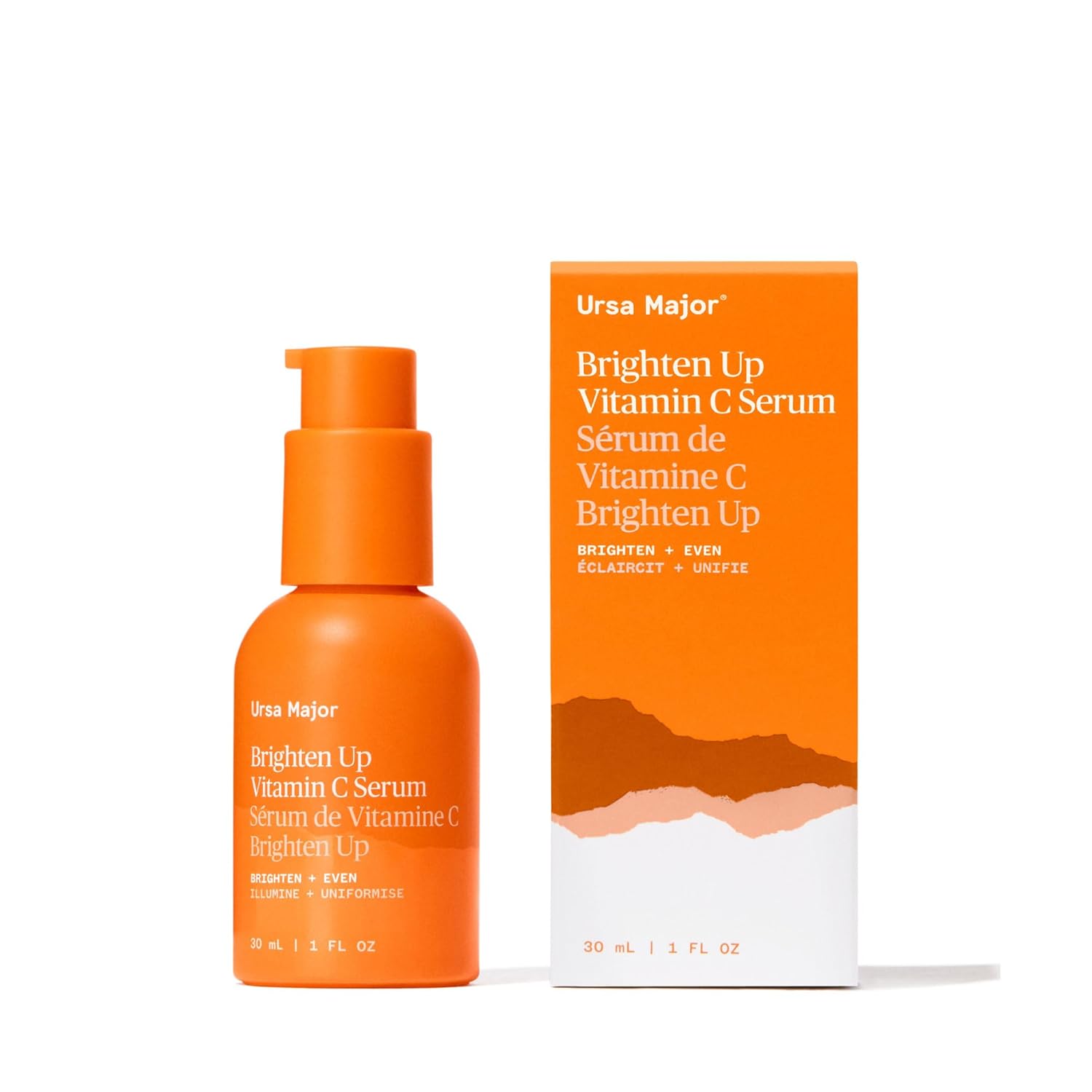Vitamin D3 And K2 Weight Loss: Proven Essential Guide

Yes, a combination of Vitamin D3 and K2 can support weight loss efforts by improving nutrient absorption, supporting hormone balance, and potentially reducing fat accumulation. However, they are supplements, not magic pills, and work best alongside a healthy diet and exercise.
Do you ever feel like you’re doing all the right things for weight loss, yet the scale barely budges? You’ve tried cutting calories, hitting the gym, and saying goodbye to your favorite treats, but those stubborn extra pounds seem determined to stay put. It’s frustrating, right? Many people embark on a weight loss journey feeling overwhelmed and unsure where to even begin, hoping for a simple, effective solution. What if I told you that two often-overlooked nutrients could play a surprisingly significant role in your weight management goals? Let’s dive into how Vitamin D3 and K2 might just be the missing pieces in your puzzle.
Understanding the Role of Vitamins in Weight Management
We often associate vitamins with immunity or bone health, but their influence stretches much further, impacting our metabolism and how our bodies manage fat. For our bodies to function optimally, including burning fat efficiently, a steady supply of essential vitamins and minerals is crucial. When these nutrients are deficient, various bodily processes, including those related to weight management, can become sluggish. Think of it like trying to run a race car on low-grade fuel – it’s just not going to perform at its best.
For years, the focus in weight loss has been primarily on diet and exercise. While these are undeniably the cornerstones of any successful weight management plan, emerging research highlights the importance of micronutrients. Vitamins D3 and K2, in particular, have garnered attention for their potential to support weight loss in ways that might surprise you. They aren’t magic bullets, but when working in harmony with a healthy lifestyle, they can create a more fertile ground for your efforts to yield results.
Vitamin D3: The Sunshine Vitamin for Metabolism
You’ve likely heard of Vitamin D, often called the “sunshine vitamin” because our skin produces it when exposed to sunlight. Its roles are vast, from strengthening bones to supporting our immune system. But how does it help with weight loss? Research suggests that Vitamin D plays a role in regulating appetite and boosting metabolism. Essentially, having adequate levels of Vitamin D may help your body burn calories more effectively and feel fuller for longer.
Think about Sarah, a busy mom of two who struggled with constant cravings in the afternoon. After a blood test revealed a significant Vitamin D deficiency, her doctor recommended a supplement. Within a few weeks, Sarah noticed a remarkable decrease in her urge to snack between meals. She found herself reaching for healthier options and feeling more satisfied with her regular meals. This reduced calorie intake, combined with her existing brisk walks, helped her finally start seeing the scale move downwards.
How Vitamin D3 Supports Weight Loss:
- Metabolism Boost: Vitamin D may influence genes involved in fat metabolism, potentially encouraging your body to burn more fat for energy.
- Appetite Regulation: Some studies suggest that adequate Vitamin D levels can help curb appetite and reduce cravings, making it easier to stick to a calorie-controlled diet.
- Muscle Strength: Essential for movement and calorie burning, Vitamin D is vital for maintaining muscle mass, which is crucial for a healthy metabolism. You can learn more about Vitamin D’s role in muscle function on the National Institutes of Health (NIH) website.
- Mood Enhancement: Low Vitamin D levels have been linked to mood disorders. Improving your mood can positively impact your motivation to exercise and make healthier food choices.
Visual Suggestion: An infographic showing the various benefits of Vitamin D3, with icons for metabolism, appetite, muscles, and mood.
Vitamin K2: The Unsung Hero of Nutrient Utilization
While Vitamin D3 helps your body absorb calcium, it’s Vitamin K2 that directs where that calcium goes – not into your arteries or soft tissues, but into your bones where it belongs. This might sound unrelated to weight loss, but the interplay between D3 and K2 is crucial for overall health, and that includes optimizing your body’s functions, which can indirectly aid in weight management.
Vitamin K2 plays a vital role in activating proteins that help regulate calcium. This means that when you take Vitamin D3 to boost calcium absorption, K2 ensures that this calcium is used effectively by your bones and teeth, rather than accumulating in places it shouldn’t be, which can have long-term health implications that might hinder your energy levels and overall well-being.
Vitamin K2’s Indirect Impact on Weight Loss:
- Bone Health: Strong bones mean better mobility and a greater capacity for exercise, a key component of weight loss.
- Cardiovascular Support: By helping to prevent calcium buildup in arteries, K2 supports a healthy cardiovascular system, important for sustained energy during workouts. The American Heart Association has published extensive research on this topic.
- Improved Nutrient Transport: K2 works synergistically with D3 to ensure minerals are delivered where they are most needed, optimizing bodily functions and nutrient utilization efficiency.
Visual Suggestion: A simple diagram illustrating how Vitamin D3 and K2 work together to direct calcium to bones.
Combining D3 and K2 for Synergistic Weight Loss Support
The real magic happens when these two vitamins work together. Vitamin D3 facilitates the absorption of calcium, and Vitamin K2 ensures that calcium is properly utilized by the body, particularly for bone health. This optimal calcium utilization is not just about strong bones; it’s about ensuring your body’s systems are running efficiently. When your body’s fundamental processes – like nutrient absorption and utilization – are functioning well, it creates a better internal environment for weight loss to occur.
Consider the case of Alex, who had hit a plateau in his weight loss journey. Despite a consistent diet and exercise routine, his progress had stalled for months. He decided to start a D3/K2 supplement. While he didn’t drastically change his diet or workout routine, he noticed his energy levels seemed to stabilize throughout the day, and he felt less fatigued after his workouts. This subtle but significant improvement in resilience allowed him to maintain his exercise consistency, and over the next two months, he managed to shed another five pounds. It wasn’t a dramatic shift, but the sustained energy made all the difference.
Why they are better together:
- Enhanced Calcium Metabolism: D3 absorbs calcium, K2 directs it. Together, they ensure calcium benefits bones without negatively impacting other areas.
- Hormonal Balance: Both vitamins may play a role in supporting healthy hormone levels, which are critical for effective metabolism and appetite control.
- Overall Health Foundation: By reinforcing bone density and cardiovascular health, D3 and K2 build a stronger foundation for an active lifestyle, making it easier to sustain weight loss efforts long-term.
Practical Steps to Incorporate D3 and K2 into Your Weight Loss Journey
Ready to give your weight loss efforts a potential boost? Incorporating Vitamin D3 and K2 is straightforward, but it’s essential to do it the right way. Remember, supplements are just that – supplementary – to a healthy lifestyle.
Step 1: Assess Your Current Levels (Optional but Recommended)
The best way to know if you need supplements is to get tested. Your doctor can perform a blood test to check your Vitamin D levels. While there isn’t a standard test for K2 deficiency, if you’re supplementing with D3, it’s often recommended by health professionals to also include K2.
Step 2: Choose the Right Supplements
When selecting supplements, look for:
- D3 (Cholecalciferol): This is the form your body makes from sunlight and is generally considered more effective than D2.
- K2 (Menaquinone): Look specifically for MK-7 or MK-4 forms, which are the most bioavailable. MK-7 is often preferred for its longer half-life.
- Combined Formulas: Many reputable brands offer combined D3 and K2 supplements, often in a single capsule or drop, ensuring balanced ratios.
Always opt for third-party tested brands to ensure purity and potency.
Step 3: Determine Your Dosage
Dosage is highly individual and depends on your current levels, age, existing health conditions, and other medications. A common starting point for Vitamin D3 for adults is 1,000-2,000 IU per day, and for Vitamin K2 (MK-7), it’s often around 90-180 mcg per day. It’s highly recommended to consult with your healthcare provider or a registered dietitian before starting any new supplement regimen to determine the appropriate dosage for you. You can find general guidelines on safe Vitamin D intake from the Office of Dietary Supplements.
Step 4: Timing and Consistency
To maximize absorption, especially of K2 which is fat-soluble, it’s best to take your D3 and K2 supplements with a meal that contains some healthy fats. Consistency is key! Taking your supplement daily at the same time makes it a habit and ensures your body receives a steady supply of these nutrients.
Step 5: Integrate with a Healthy Lifestyle
These vitamins are enhancers, not replacements. Your weight loss success will still hinge on:
- Balanced Nutrition: Focus on whole foods, lean proteins, healthy fats, and plenty of fruits and vegetables.
- Regular Physical Activity: Aim for a mix of cardio and strength training.
- Adequate Sleep: Crucial for hormone regulation and recovery.
- Stress Management: Chronic stress can hinder weight loss.
Think of your healthy diet and exercise as the engine of your weight loss car, and D3/K2 as the high-octane fuel that helps it run smoother and more efficiently.
Visual Suggestion: A carousel of images showing examples of healthy fats (avocado, nuts, olive oil) for supplement absorption. An inspirational photo of someone consistently exercising.
Sample Weekly Meal Plan Supporting D3/K2 Absorption and Weight Loss
This sample plan focuses on nutrient-dense foods that aid in Vitamin D3 and K2 absorption and support a balanced calorie intake for weight loss. Remember to adjust portion sizes based on your individual needs and consult a professional for personalized guidance.
| Day | Breakfast (with healthy fats) | Lunch (with healthy fats) | Dinner (with healthy fats) | Snack Ideas (with healthy fats) |
|---|---|---|---|---|
| Monday | Scrambled eggs (with a dash of olive oil) + ½ sliced avocado | Large salad with grilled chicken, mixed greens, walnuts, and olive oil vinaigrette | Baked salmon with roasted broccoli and quinoa (cooked with a drizzle of olive oil) | Handful of almonds or macadamia nuts |
| Tuesday | Greek yogurt with berries and a sprinkle of chia seeds | Lentil soup with a side of whole-grain bread and a smear of avocado | Lean turkey meatballs with zucchini noodles and a light tomato sauce | Hard-boiled egg |
| Wednesday | Oatmeal (cooked with milk/water) topped with sliced banana and a tablespoon of almond butter | Tuna salad (made with Greek yogurt instead of mayo) on whole-wheat toast with lettuce | Chicken stir-fry with mixed vegetables and brown rice (use sesame oil) | Apple slices with peanut butter |
| Thursday | Smoothie: spinach, ½ banana, protein powder, almond milk, and 1 tbsp flaxseed oil | Leftover chicken stir-fry | Cod fillet baked with lemon and herbs, served with asparagus and a small sweet potato | Small handful of pumpkin seeds |
| Friday | Whole-wheat toast with smashed avocado and a sprinkle of chili flakes | Large mixed green salad with chickpeas, cucumber, tomatoes, and olive oil dressing | Lean beef or vegetarian chili with a side of a small whole-grain roll | Cottage cheese with a few berries |
| Saturday | Omelet with spinach, mushrooms, and a sprinkle of cheese, cooked in a little olive oil | Leftover chili | Grilled chicken breast with a large colorful salad, dressed with olive oil | A small avocado seasoned with salt and pepper |
| Sunday | Whole-grain pancakes (use whole wheat flour) with berries and a drizzle of maple syrup | Salmon salad lettuce wraps (flaked cooked salmon mixed with a little Greek yogurt, celery, and onion) | Roast chicken with root vegetables (carrots, parsnips) roasted with olive oil | A small portion of trail mix (nuts, seeds, dried fruit) |
Note: Foods rich in Vitamin K2 include natto, certain cheeses (like Gouda and Brie), and egg yolks. Mushrooms and fatty fish (like salmon) are good sources of Vitamin D. Incorporating these foods naturally can complement your supplementation.
Frequently Asked Questions (FAQs)
Q1: Can I lose weight just by taking Vitamin D3 and K2?
No, these vitamins are not a standalone solution for weight loss. They work best as supportive nutrients within a healthy lifestyle that includes a balanced diet and regular exercise.
Q2: How long does it take to see results from D3 and K2 supplements?
Because they support overall bodily functions and nutrient utilization, you might notice subtle improvements in energy or reduced cravings over a few weeks. Significant weight loss results will primarily come from your consistent diet and exercise efforts.
Q3: What are the best food sources of Vitamin D3 and K2?
Vitamin D3 is primarily found in fatty fish, fortified dairy products, and egg yolks, and is synthesized by sunlight. Vitamin K2 is abundant in fermented foods like natto, certain cheeses, and egg yolks.
Q4: Are there any side effects of taking Vitamin D3 and K2?
When taken at recommended doses, these vitamins are generally safe. However, very high doses of Vitamin D can lead to hypercalcemia. It’s always best to consult your doctor about appropriate dosages.
Q5: Can I get enough Vitamin D from sunlight alone?
For many people, especially those living in regions with less sunlight, working indoors, or using sunscreen, getting enough Vitamin D from sunlight alone can be challenging. Supplementation is often necessary.
Q6: Should I take D3 and K2 at the same time?
Yes, it’s generally recommended to take them together. They are often combined in supplements and are best absorbed when taken with a meal containing healthy fats.
Q7: What if I’m on medication? Should I still take these supplements?
Always inform your doctor about any supplements you plan to take, especially if you are on medication such as blood thinners (like warfarin, which interacts with Vitamin K), or if you have any pre-existing health conditions.
Your Journey to a Healthier You
Navigating the world of weight loss can feel like a maze, but focusing on foundational elements like proper nutrition and informed supplementation can simplify the path. Vitamin D3 and K2 offer a compelling way to support your body’s natural processes, enhance nutrient utilization, and potentially make your weight loss journey feel more manageable and effective. By understanding their roles and incorporating them wisely alongside your healthy habits, you’re not just aiming for a number on the scale – you’re building a stronger, healthier foundation for life.
Remember, consistency is your greatest ally. Start with small, sustainable changes. Educate yourself, listen to your body, and don’t hesitate to seek professional advice. Your weight loss journey doesn’t have to be complicated. Start small, stay consistent, and remember—even the smallest steps lead to big results.



